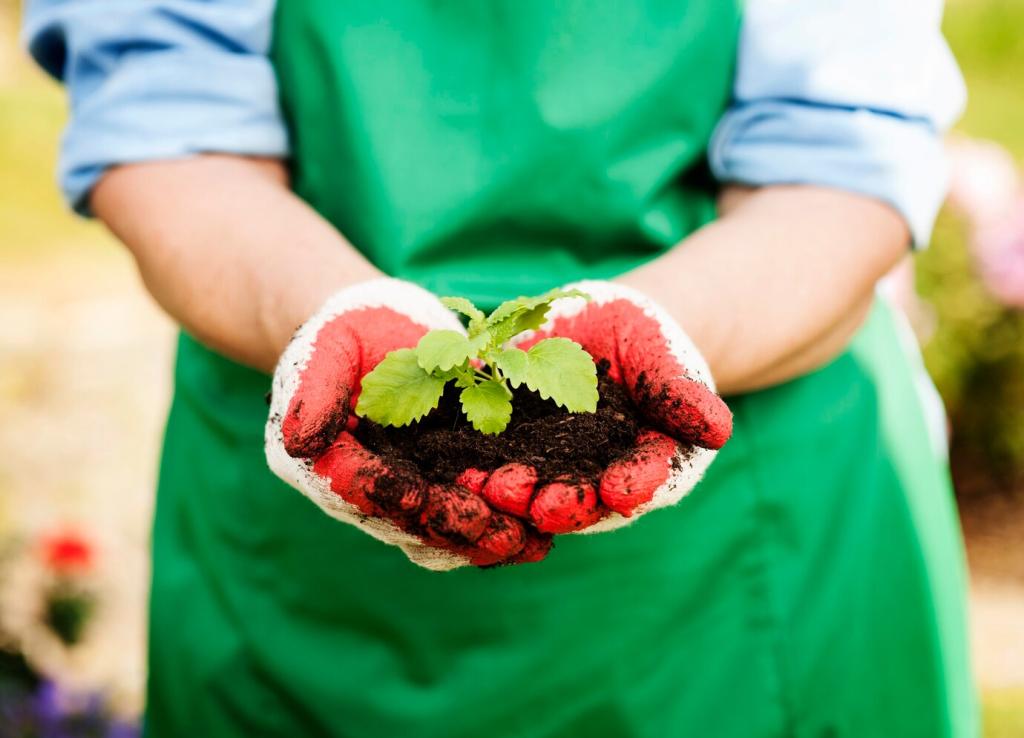Organic Pest Management in City Gardens
Organic pest management is an environmentally friendly approach to maintaining healthy city gardens. Instead of relying on synthetic chemicals, this method focuses on natural solutions to prevent and address pest issues, supporting the well-being of both plants and the urban ecosystem. By choosing organic pest management, city gardeners can enjoy productive gardens while protecting beneficial insects, pollinators, and the surrounding environment. This practice integrates understanding pest behavior, harnessing nature’s balance, and applying sustainable gardening techniques to nurture vibrant urban green spaces.

The Importance of Organic Pest Management
City gardens are often located near homes, schools, or walking paths, making safety a priority. Organic pest management eliminates exposure to potentially harmful synthetic pesticides, reducing health risks for children, pets, and anyone spending time in the garden. This approach relies on natural deterrents, careful monitoring, and cultivation practices that create inhospitable conditions for pests rather than relying on hazardous chemicals.

Prevention is at the heart of organic pest management. Healthy plants grown in suitable conditions with proper spacing, soil health, and watering are naturally more resistant to pests and diseases. By focusing on preventive measures such as crop rotation, choosing resilient varieties, and maintaining overall plant health, city gardeners can significantly reduce pest problems before they begin.
Principles of Organic Pest Control
Beneficial Allies in the Urban Garden
Attracting Predatory Insects
Many insects serve as natural pest controllers by preying on aphids, caterpillars, and other common garden pests. By planting a diverse range of flowers, providing habitats like dense foliage or rocks, and avoiding broad-spectrum pesticides, city gardeners can invite ladybugs, lacewings, spiders, and other helpful creatures into their plots. These allies serve as a frontline defense, managing pest populations in a natural and sustainable way.
Encouraging Healthy Soil Microbes
The foundation of a successful city garden, especially under organic pest management, is healthy soil teeming with beneficial microorganisms. Compost, mulch, and organic matter provide nourishment for soil life, aiding in the breakdown of pest pathogens and promoting robust root systems. A lively soil ecosystem helps plants develop natural resistance, diminishing the likelihood of severe pest infestations.
Supporting Pollinators for Garden Vitality
Pollinators like bees, butterflies, and hoverflies are indispensable to both plant reproduction and pest regulation. Growing a wide array of nectar and pollen-rich plants supports these species, which in turn help control pest populations by encouraging balanced ecological interactions. Maintaining pollinator-friendly practices, such as minimizing disturbance and avoiding chemicals, helps to create a dynamic and resilient garden environment.
